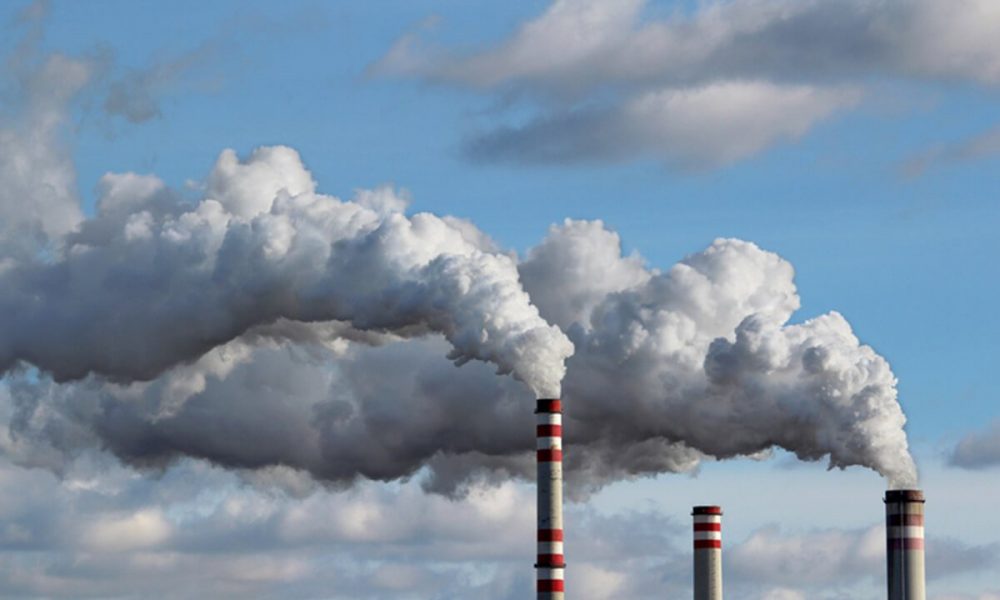First, consider what is commonly referred to as a pollutant: any concentration of materials that can cause contamination to a third party. The pollutant does not have to be considered a hazardous material.
Determine if you have any of the following pollution liability exposures:
- In the air: anything that can escape into the air (fumes, smoke, gases)
- 0n the ground: above-ground storage tanks, chemical storage
- Underground: anything that could seep or leak into the ground and contaminate groundwater (the most common example is an underground storage tank).
Businesses responsible for polluting the property of others could be on the hook for significant financial damages. Business owners should consider these exposures and talk to an expert in pollution insurance to consider what, if any, steps should be taken to mitigate these risks, and they should consider the purchase of an insurance policy specifically targeted to pollution exposures.



